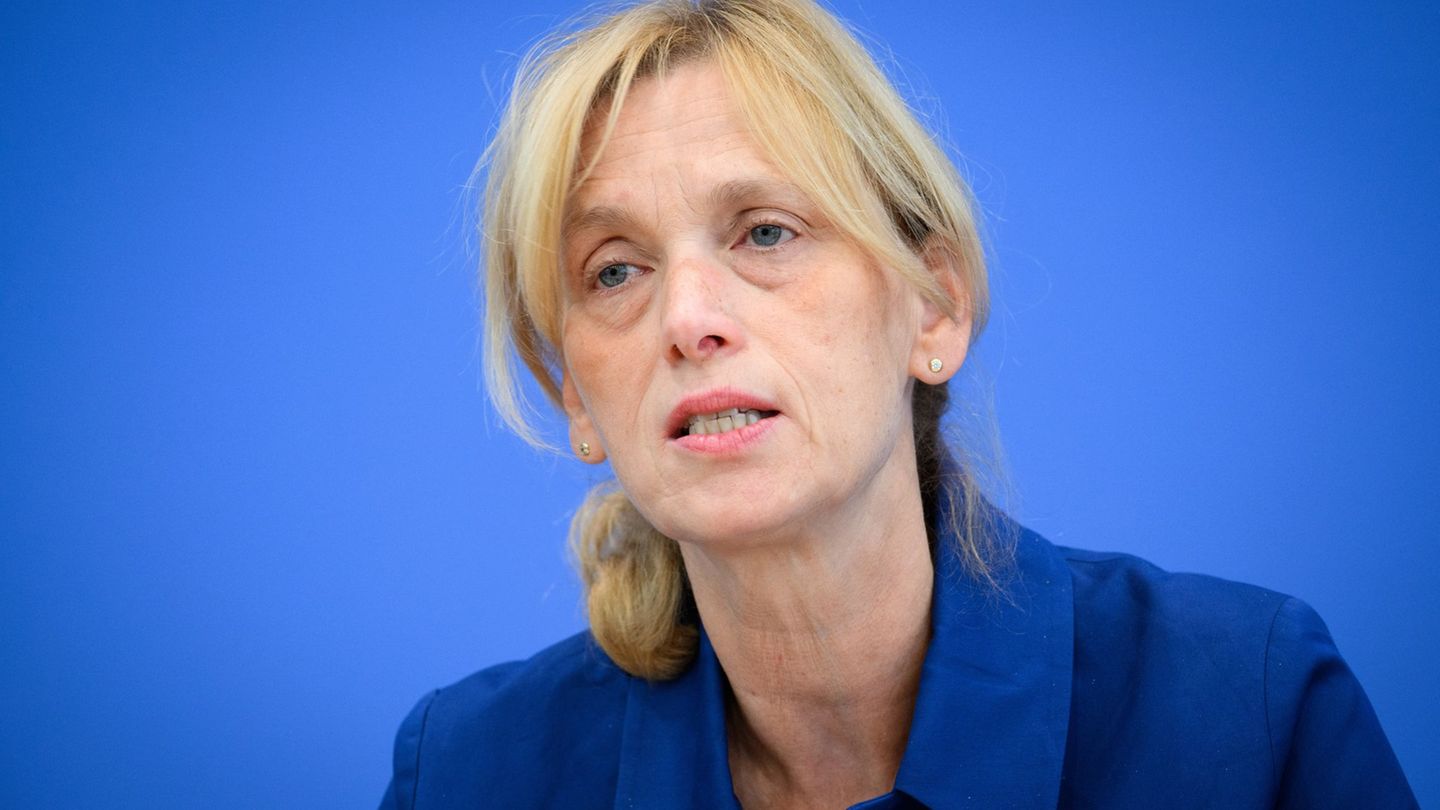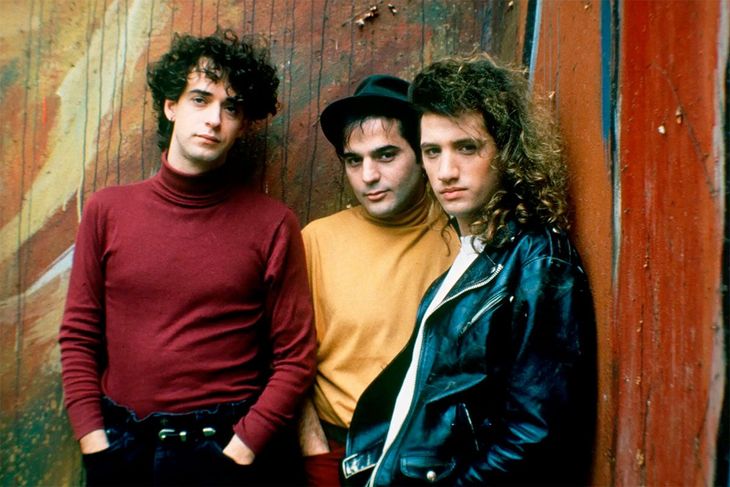The global triumph of the energy drink Red Bull has made Dietrich Mateschitz, who died on Saturday at the age of 78, the richest Austrian by far. The stimulating lemonade wasn’t his invention, but with a flair for the non-existent sales market outside of Asia and clever marketing, he built the beverage company into a success story and a sports and media empire around it.
Born in Styria – he was born on May 20, 1944 in St. Marein im Mürztal – he grew up largely without a father and studied business administration at the Vienna University of Applied Sciences, today’s University of Economics. “Two or three years longer than I might have had to have,” the son of a teacher once said. After graduating from university, Mateschitz initially worked for Jacobs Kaffee and Blendax. At the toothpaste manufacturer, he rose to become marketing director.
During one of his business trips, he became aware of the market for stimulant drinks in Asia. He saw potential in the product and decided to launch it in Europe. Mateschitz acquired the license rights to the Thai energy drink “Krating Daeng”, in English “Red Bull”, adapted the basic recipe to Western tastes and founded the company together with the Yoovidhya family, which still holds 51 percent of the group’s shares. In 1987 Red Bull came onto the market in this country.
Ranked 51st in the global billionaire ranking
Right from the start, the young entrepreneur worked massively on the image of his drink, sponsored the alternative club scene and extreme sports and consistently reinvested considerable sums in marketing. With growing success, he entered popular sport: Today, Red Bull operates football clubs, Formula 1 racing teams and ice hockey teams and has contracts with several hundred athletes.
Mateschitz was also one of the richest people in the world. The US magazine “Forbes” listed him in 2022 with a fortune of 27.4 billion dollars in 51st place in the global billionaire ranking.
While the casually dressed jeans wearer focused on his company, he restricted the flow of information about himself. Newspaper interviews were rare, he – short gray hair, suntanned skin – did not give TV interviews. Mateschitz, who lived with his long-term girlfriend in Salzburg, once said years ago that he himself drinks ten to twelve cans of Red Bull a day.
$70 million donated to spinal cord injury research
“Didi”, as friends called him, was considered a patron and co-founder of the “Wings for Life” foundation, which aims to make paraplegia curable. In 2012, he made EUR 70 million available to the Paracelsus Medical Private University (PMU) in Salzburg for a research center on spinal cord injuries – one of the largest donations ever made by a private individual to a university in Europe.
Even on a small scale, the Red Bull boss was generous. A boy who – without recognizing him – once played him something on the accordion in a music shop, he quickly paid for a new “Styrian”.
But the patron and philanthropist had a second side. Fate sometimes depended on his whims. When ServusTV employees wanted to set up a works council against his will in 2016, Mateschitz closed the station from one day to the next. 264 employees were on the brink – until the Red Bull boss was persuaded to continue running the station. After broad assurances from the workforce, mind you, that there will be no works council.
Owner of an island in the South Pacific
Mateschitz held back his political views for a long time – until he voiced severe criticism of the government’s handling of the refugee crisis in the “Kleine Zeitung” in 2017. He criticized the hypocrisy of the “We can do it” callers, dished out against the Greens and praised Sebastian Kurz, Foreign Minister at the time. After the interview, there was talk in many places of an election recommendation for ÖVP and FPÖ. And ServusTV would probably never have made a name for itself as a platform for rights, corona deniers and vaccination critics if Mateschitz had not approved of it. It doesn’t matter whether it’s for ideological reasons or for marketing reasons: the broadcaster recently reported record ratings.
Mateschitz owns Laucala (Republic of Fiji), a private island in the South Pacific, but he always stood out for his deep connection to the alpine culture. This is not only evidenced by the orientation of his TV station and the magazine and book publishers. He owns numerous inns and manor houses, acquired castles, hotels and a brewery – and had them lovingly renovated.
He owns forests, vineyards, fish ponds, businesses such as a precious and natural stone grindery, a sports airfield – and since last year the Therme Fohnsdorf in Styria. The local ties also please the tax office: Red Bull pays its taxes in Austria – around 405 million euros in 2020 – and does not use any windy constructs based in Panama or on the Cayman Islands, Mateschitz once said.
Passion for fast cars and airplanes
In 2014, “Mr. Red Bull” brought Formula 1 back to Styria and was a partner of the federal army at the Airpower flight show. In doing so, he provided impetus in a region that suffered particularly from the decline of heavy industry. The “Flying Bulls”, a fleet of historic airplanes and helicopters, and “Hangar 7” at Salzburg Airport also testify to his passion for fast cars and airplanes.
Open criticism of Mateschitz was rare, even employees who have left the group said hardly anything negative. “He is the ruler of a closed system, a shielded world from which only the desire of the athletes, the passion for risk and the greed for success should escape,” wrote the German daily newspaper “FAZ”.
The apparatus offers employees a lot, but also demands a lot from them. Companions praised Mateschitz as a freedom-loving visionary who consistently tried to realize his ideas and left nothing to chance. He made the most important decisions in the group himself until the very end.
What role does his son play?
It is unclear what consequences his death will have for the Red Bull company. His only son Mark is considered a possible successor. The 30-year-old (born on May 7, 1992) comes from an earlier relationship with Mateschitz, has now adopted his surname and most recently appeared as managing director of one of his father’s investment companies.
According to a report by the German “Manager Magazin”, the articles of association of Red Bull GmbH stipulated, at least during Mateschitz’s lifetime, that without the approval of the Thai majority owner, neither the decision on a successor as managing director nor the transfer of his shares would be possible.
Source: Nachrichten




